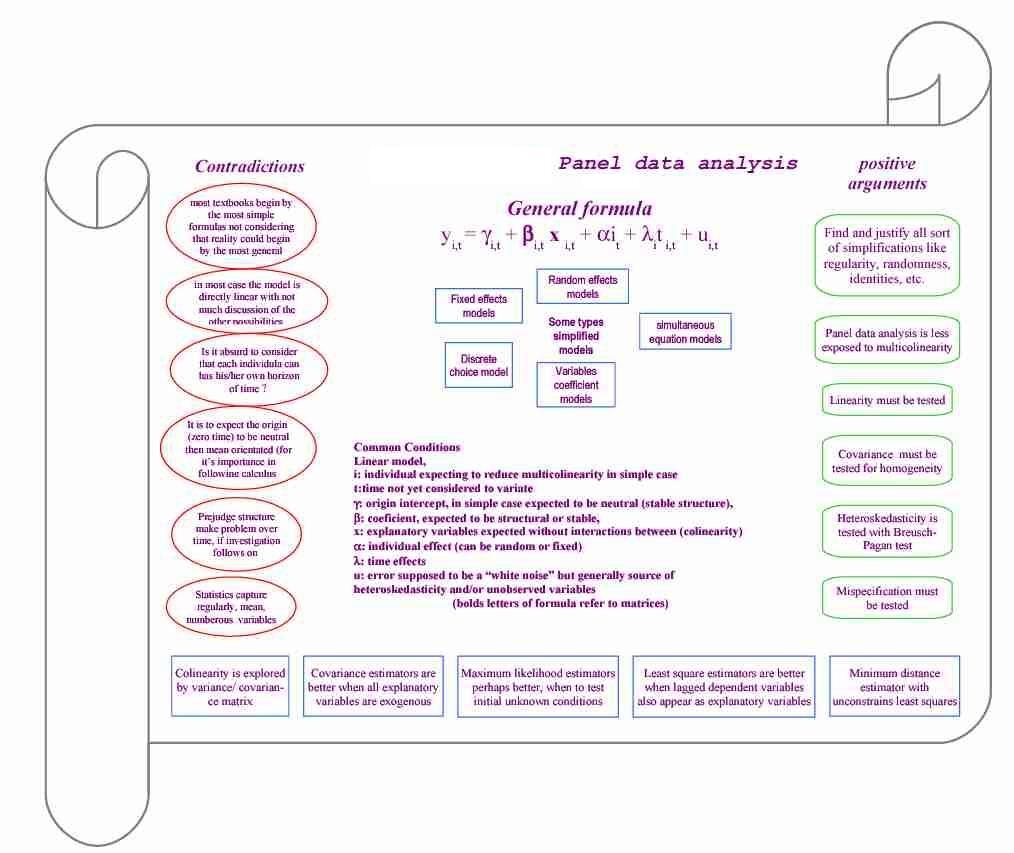Models and Representations
Reductionism has framed our ways of thinking. It is not all bad: it prepared formal sciences and sciences to reveal essential principles so ensured 'clean' epistemological processes to make sciences. So for putting essential physics as the core. But since much of the fields of commensurate and formal axiomatic sciences are well designed and now facing more brutally the limits of ideal formal methods, creating plenty of mispsecifications with our reductions and models, as well as mismanagement of complexity. There is a need to reframe our schemes and models; probably more in a topological and cognitivelly understandable way. The need also to care btter the possibilities of modelling of 'simple complexities'. Rather than cornering them as curisouly interesting but enough marginal for being put apart, so as to preserve dictatorship of determinism.
Traditional systems of modelling social issues, whatever arguable can be the concepts they manage (or more probably the way that they managed their abstract tautologies to force non natural purities - for the sake of 'absurdism' -) as practiced in econometrics is as shown below. Now to get out the traditional way from most simple to more, rigorously framed difficulty, because lazzyness often makes stay at the first stages of most simple explainations. A good start could be to provide models a more complicated level of formulation, as often mentioned still with general solutions. Then get done explaining the arbitrarity of reductions or specifications. Learning something (not so) complicated and the ways to reduction to make calculus more easy, may suggest to be modest and assume better reductions that are otherwise too simple for making clear that cmplexities are real. Say for example with those sort of economics models that only assume 2 parts: import/export, inside/outside, 2 countries, 2 sectors and so on. These maniqueist contrasts immediatly disappear just with 3 parts models (and complexity often starts with 3 parts - as with replicators models) so also most of ideological arguments.

See for example the liberal-classical-neoliberal ... economics based on simple enunciates of simple primal-dual, private-property rights, big firms' freedom (or big bank that could not be let to sink). Without understanding all the contradictions this has in practice, hence in my opinion the major paradox that the perfect market is ideally either a communist one (rigid crystal like structures as diamond behave normally) either a totally libertarianist one: completelly individualistic and anti-social one, which like perfect gas also behave normally.